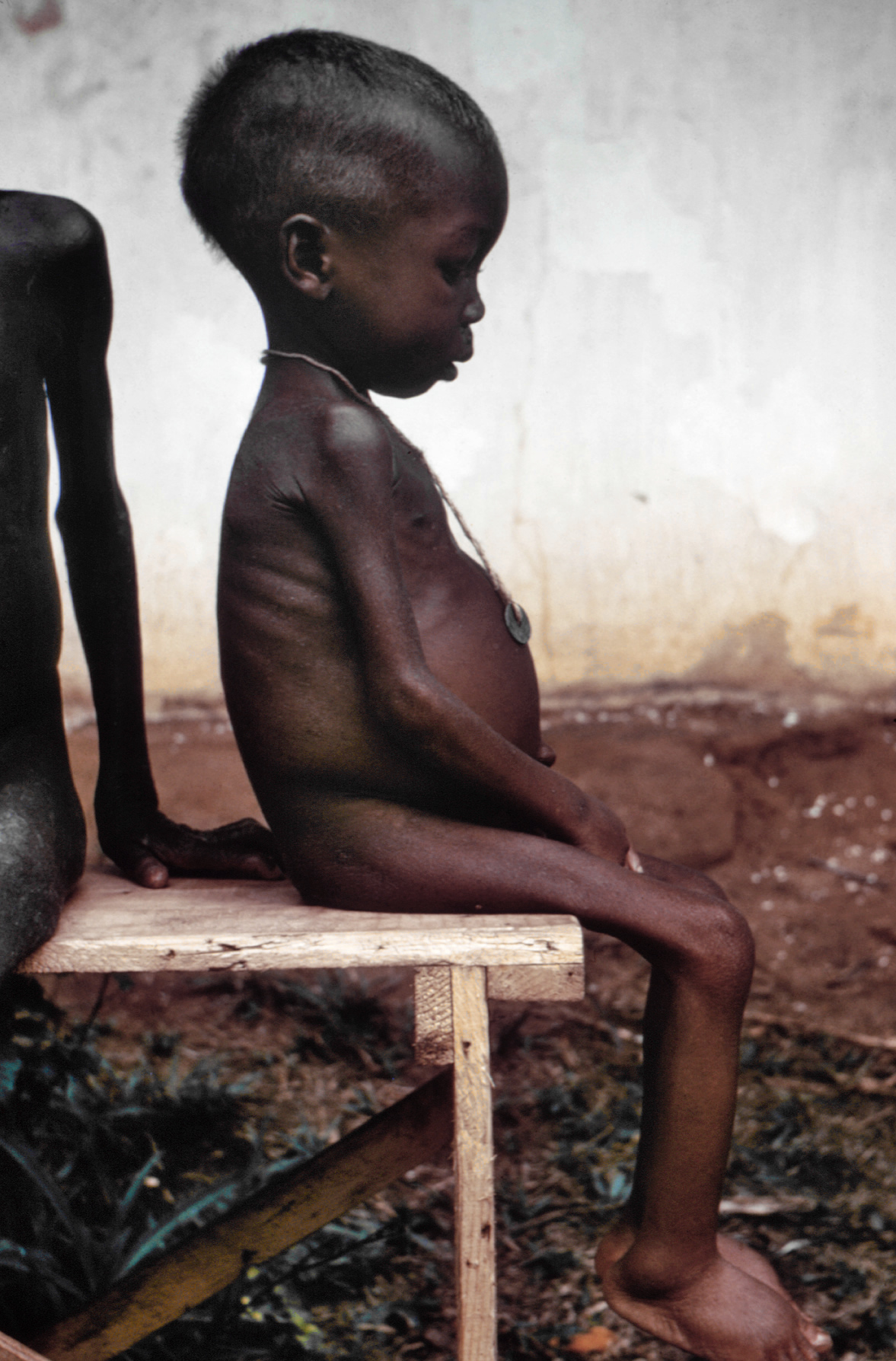|
Rumonge Hospital
The Rumonge Regional Hospital () is a hospital in Rumonge Province, Burundi. Location The Rumonge Hospital is a hospital in the city of Rumonge, in the west of the Rumonge Health District. It is the only hospital in the district. It is a public regional hospital. The hospital has beds for intensive care and long-term care, and specialized facilities for surgery, cardiology and neurology. History The present hospital has its origins as a dispensary created in 1922 during the Belgian colonial period. Over the years it steadily expanded, until today it can accommodate a large number of patients. In May 2013 it was reported that the administrative and financial director of the hospital had been arrested by the anti-corruption brigade in November, accused of embezzlement of public funds and illicit enrichment. He had spent several months in a luxury hotel because the house provided by the hospital was not convenient to him. He owned several assets, notably travel agencies, whose ori ... [...More Info...] [...Related Items...] OR: [Wikipedia] [Google] [Baidu] |
Rumonge
Rumonge is the capital of Rumonge Province, Burundi, and is located on the shores of Lake Tanganyika Lake Tanganyika ( ; ) is an African Great Lakes, African Great Lake. It is the world's List of lakes by volume, second-largest freshwater lake by volume and the List of lakes by depth, second deepest, in both cases after Lake Baikal in Siberia. .... The 2008 census recorded a population of 35,931 in Rumonge, making it Burundi's fourth largest city. It had a big Arab (Sharji/Azri) presence before Burundi's independence in 1962. The Rumonge Hospital is a public regional hospital. It serves the Rumonge Health District. The present hospital has its origins as a dispensary created in 1922 during the Belgian colonial period. Over the years it steadily expanded, until today it can accommodate a large number of patients. In May 2024 hundreds of families in Rumonge, particularly the Kanyenkoko district, had to leave their homes due to flooding caused by water from the Murembwe River ... [...More Info...] [...Related Items...] OR: [Wikipedia] [Google] [Baidu] |
Rumonge Province
Rumonge Province is one of the eighteen provinces of Burundi, provinces of Burundi. It was created on 26 March 2015 by combining the communes of Burambi, Buyengero and Rumonge, previously part of Bururi Province, with the Bugarama and Muhuta communes previously belonging to Bujumbura Rural Province. Geography The capital is at Rumonge, on the shores of Lake Tanganyika. The Rumonge Nature Reserve, a semi-deciduous forest, and Kigwena Nature Reserve, a lowland tropical forest, are located in the province. Government The province's first governor, Juvénal Bigirimana, was sworn in on 17 April 2015. In June 2015 it Burundian legislative election, 2015, elected four deputies to Burundi's National Assembly (Burundi), National Assembly, and in July it chose its first two Senate (Burundi), senators, Jean-Pierre Ndayahundwa and Tharcisse Rutomo. Communes Rumonge Province administers the following communes: * Commune of Bugarama * Commune of Burambi * Commune of Buyengero * Commune of Muhu ... [...More Info...] [...Related Items...] OR: [Wikipedia] [Google] [Baidu] |
Médecins Sans Frontières
(MSF; pronounced ), known in some English-speaking settings as Doctors Without Borders, is a charity that provides humanitarian medical care. It is a non-governmental organisation (NGO) of French origin known for its projects in conflict zones and in countries affected by endemic diseases. The organisation provides care for diabetes, drug-resistant infections, HIV/AIDS, hepatitis C, tropical and neglected diseases, tuberculosis, vaccines and COVID-19. In 2019, the charity was active in 70 countries with over 35,000 personnel; mostly local doctors, nurses and other medical professionals, logistical experts, water and sanitation engineers, and administrators. Private donors provide about 90% of the organisation's funding, while corporate donations provide the rest, giving MSF an annual budget of approximately US$1.63 billion. MSF was founded in 1971, in the aftermath of the Biafran famine of the Nigerian Civil War, by a small group of French doctors and journalists who ... [...More Info...] [...Related Items...] OR: [Wikipedia] [Google] [Baidu] |
Pierre Nkurunziza
Pierre Nkurunziza (18 December 1964 – 8 June 2020) was a Burundian politician who served as the ninth president of Burundi for almost 15 years from August 2005 until his death in June 2020. A member of the Hutu, Hutu ethnic group, Nkurunziza taught physical education before becoming involved in politics during the Burundian Civil War as part of the rebel National Council for the Defense of Democracy – Forces for the Defense of Democracy (''Conseil National Pour la Défense de la Démocratie – Forces pour la Défense de la Démocratie'', CNDD–FDD) of which he became leader in 2000. The CNDD–FDD became a political party at the end of the Civil War and Nkurunziza was elected president. He held the post controversially for three terms, facing bloody opposition, sparking Burundian unrest (2015–2018), significant public unrest in 2015. He announced his intention not to stand for re-election in 2020 and instead ceded power to Évariste Ndayishimiye, whose candidacy he had ... [...More Info...] [...Related Items...] OR: [Wikipedia] [Google] [Baidu] |
Hospitals In Burundi
A hospital is a healthcare institution providing patient treatment with specialized health science and auxiliary healthcare staff and medical equipment. The best-known type of hospital is the general hospital, which typically has an emergency department to treat urgent health problems ranging from fire and accident victims to a sudden illness. A district hospital typically is the major health care facility in its region, with many beds for intensive care and additional beds for patients who need long-term care. Specialized hospitals include trauma centers, rehabilitation hospitals, children's hospitals, geriatric hospitals, and hospitals for specific medical needs, such as psychiatric hospitals for psychiatric treatment and other disease-specific categories. Specialized hospitals can help reduce health care costs compared to general hospitals. Hospitals are classified as general, specialty, or government depending on the sources of income received. A teaching hospital campus c ... [...More Info...] [...Related Items...] OR: [Wikipedia] [Google] [Baidu] |

